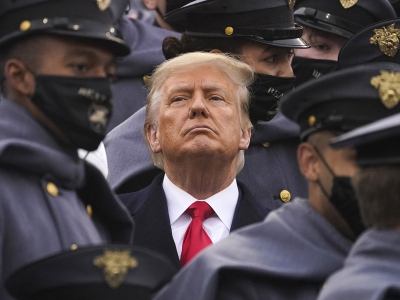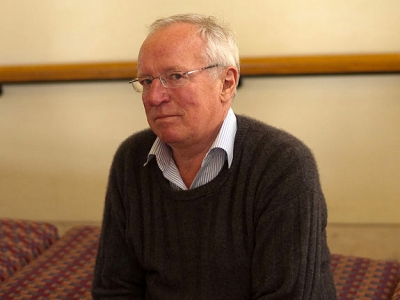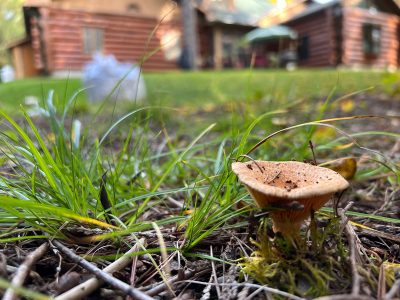At this year’s spring convocation, more than 5,200 Carleton students from the class of 2024 are receiving degrees that recognize their many achievements and commitment to education. Carleton awards numerous medals to honour the dedication of Ravens who have excelled in their studies.
On June 7, 2024, Carleton’s Senate met to confer the degrees of the graduating class and announced this year’s winners. Continue reading to learn more about these inspiring students.
- John Carlson, Governor General Gold Medal
- Yousef Yassin, Governor General Silver Medal
- Peter Bailey, Governor General Silver Medal
- Tristan Smythe, University Medal for Outstanding Graduate Work
- Jamie Carmichael, University Medal for Outstanding Graduate Work
- Tayden Bourguignon, Chancellor’s Medal
- Maryna Nekrasova, Chancellor’s Medal
- Ashley Brunelle, Chancellor’s Medal
- Alex Chan, Chancellor’s Medal
- James Healey, President’s Medal
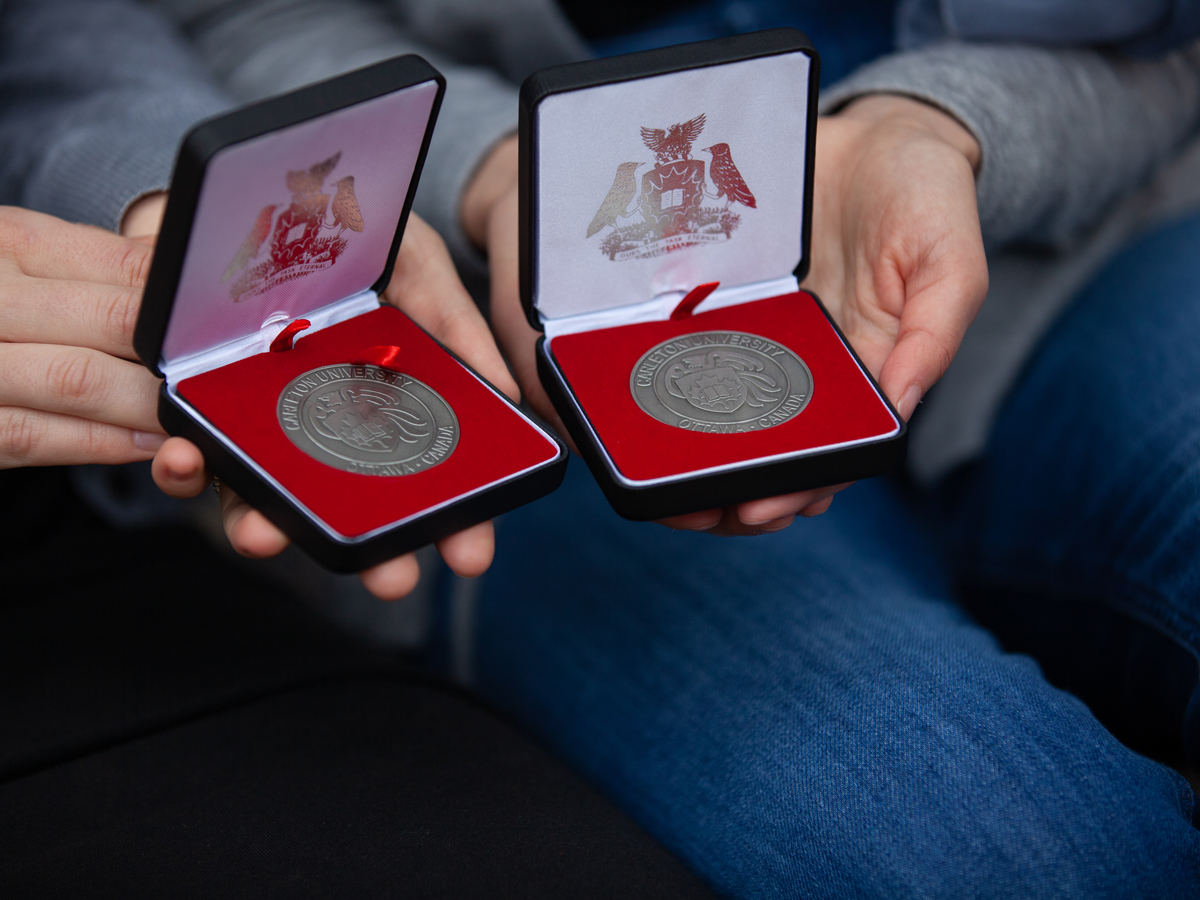
Governor General Gold Medal
John Carlson, PhD in Canadian Studies
John Carlson was familiar with campus before beginning his PhD program in Canadian Studies, having completed his undergraduate degree at Carleton.
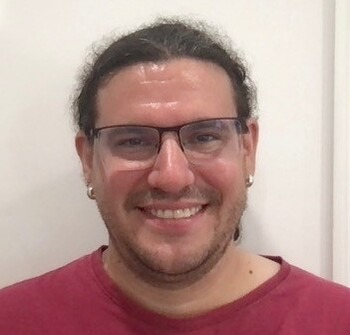
John Carlson
His dissertation, Empowering Indigenous Self-Determination in-against-and-beyond Capital, explores the Indigenous grassroots movement, how it evolved since the 1960s and how it has shaped the current conflict around land and governance.
Carlson is Anishinaabe and a member of the Red Rock Indian Band. His work has been informed through his own experience and that of his family and community. In particular, regarding the use of Indigenous lands by private industry for economic interests.
“Part of evolving the power and strengthening the way that Indigenous law is enforced on the front lines involves opening up a working-class struggle,” he says. “Because it’s sustained through the redistribution of goods that derive from the circuits of wage-labour and capital.”
His interdisciplinary research conducted a historical analysis of the land back movement and analyzed the conditions that sustain frontline Indigenous water protection and land defense.
“I’m proud of the work I did,” says Carlson. “To ultimately provide some clarity on the movement, to enhance it, to empower people and to contribute to that process.”
In 2022, Carlson accepted a tenure-track position as Assistant Professor in Indigenous Justice and Decolonization in the Department of Criminology at the University of Ottawa.
Carlson encourages future students to listen to themselves and discover the things that drive them, instead of adhering to a pre-defined, linear path.
“Instead of focusing on disciplines, consider what your social responsibilities are and then I think the rest really falls in line as you pursue that,” he says. “It will take you in the right direction.”
Governor General Silver Medal
Yousef Yassin, Bachelor of Engineering, Computer Systems
When first enrolling at Carleton, Yousef Yassin knew he would pursue engineering but wanted to ensure that the field he chose was one that would keep many doors open to new opportunities.
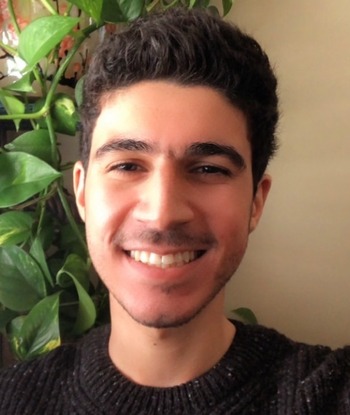
Yousef Yassin
“I chose Computer Systems because of its versatility – tackling relevant, transferrable skills from both hardware and software perspectives,” he says. “It offered a broad selection of other subjects I was interested in – like robotics, and machine learning.”
In addition to his coursework, Yassin completed co-op placements with Mission Control, Ouster and Signiant.
“Each experience was invaluable, allowing me to explore different fields and work environments,” he says. “I gradually discovered which aspects of professional life I enjoyed and which ones I didn’t, informing my future career choices.”
Yassin notes the industry experience accelerated his growth as an engineer.
He held many roles during his time at Carleton, including working as a teaching assistant, EMLC engineering scholar, and PASS facilitator. In his final year at Carleton, he was involved in the I-CUREUS program working on machine learning research.
In his advice to future students, he underscores the importance of taking risks despite initial hesitation.
“It’s natural to feel lost and anxious when learning something new,” he says. “Stay persistent and embrace this discomfort – it will fade.”
“You’ll probably surprise yourself with what you can accomplish.”
Peter Bailey, Bachelor of Computer Science (Honours)
When determining his undergraduate path, Peter Bailey was drawn to the Computer Science program as a way to utilize his passion for math and science while exploring the field of software development.
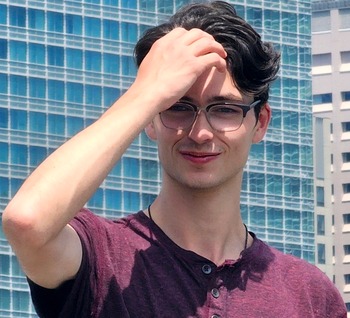
Peter Bailey
As part of his time at Carleton, he completed three co-op internships at the National Research Council, Elections Canada and JSI Telecom.
“I had a very positive experience with my co-op placements,” he says, noting multiple roles provided a variety of experience. “Public and private companies have differing goals but share many of the same development practices.”
Now that his undergraduate degree is complete, Bailey looks forward to pursuing industry opportunities in the software development and engineering field.
Reflecting on his time at Carleton, he notes that the highlight of his years on campus was the people he met throughout his degree. He encourages future students to build friendships with their classmates and find enjoyment in their studies.
“Look for the fun in work and studying,” he says. “Subjects that interest you will be easier to focus on.”
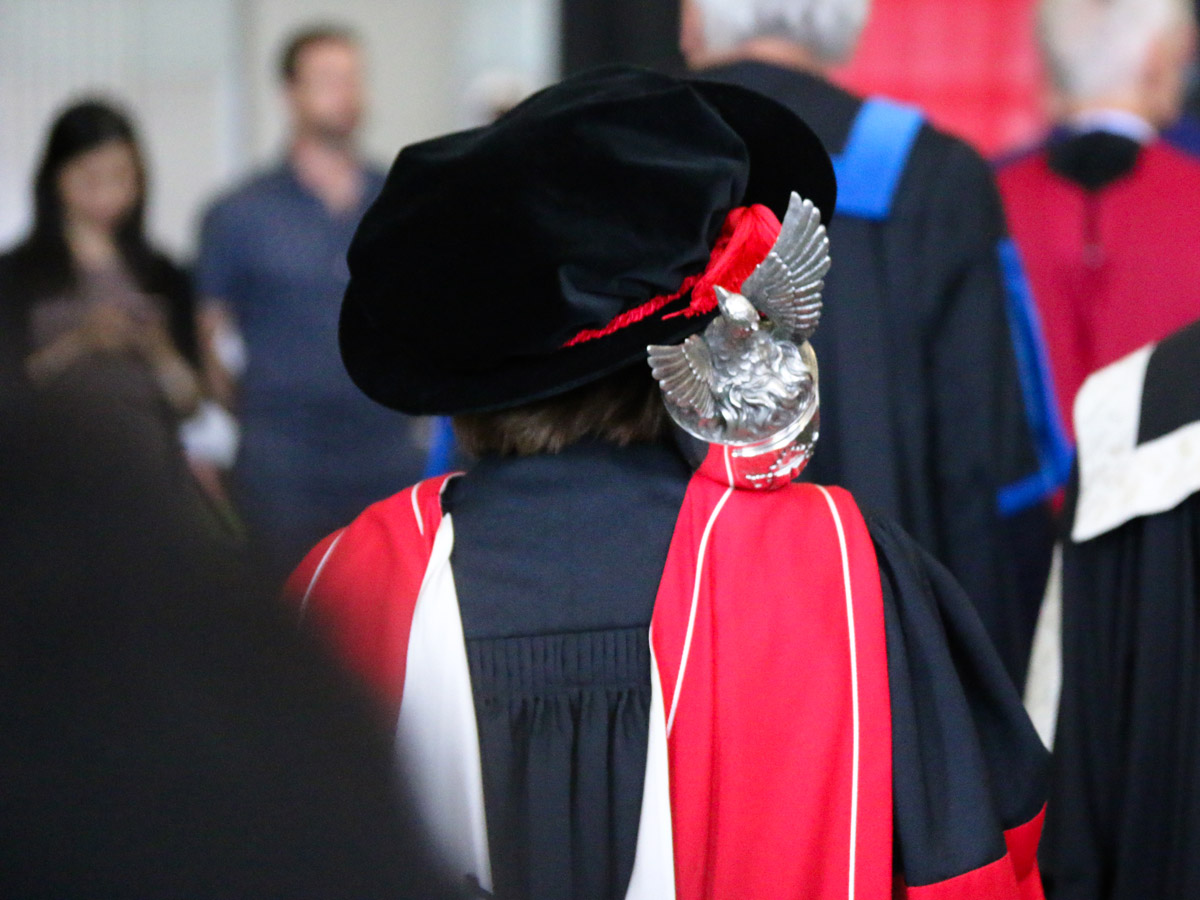
University Medal for Outstanding Graduate Work
Tristan Smythe, PhD in Chemistry
Tristan Smythe came to Carleton to pursue his doctorate in Chemistry – specializing in environmental chemistry.
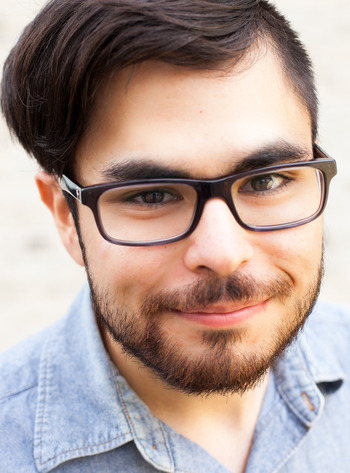
Tristan Smythe
Working out of the National Wildlife Research Center (NWRC) located on campus, he conducted research into how herring gulls located in the Laurentian Great lakes area live with harmful chemicals in their ecosystem. Some chemicals, such as flame retardants, accumulate in their bodies and are passed through generations of birds.
“I was interested in studying how animals and the environment react with these chemicals and the toxicology of these substances,” says Smythe.
Beyond his doctoral work, Smythe was able to take part in Carleton’s Chemistry Magic Show, organizing experiments for attendees such as making ice cream with liquid nitrogen.
“It’s fun to see the audience’s reactions and helping young people realize that science is really cool,” he says.
With his PhD complete, Smythe will be staying on at the NWRC as a research scientist.
While he concludes his academic journey, Smythe encourages future students take a holistic approach to their university experience.
“Focus on your classes, but remember it’s the extracurricular things that really make the university experience what it is,” he says. “Get involved, connect with your peers, and build community.”
Jamie Carmichael, Master of Applied Science, Technology Innovation Management
Jamie Carmichael was drawn to the Technology Innovation Management program because of its interdisciplinary lens for research that tackled emerging digital challenges.
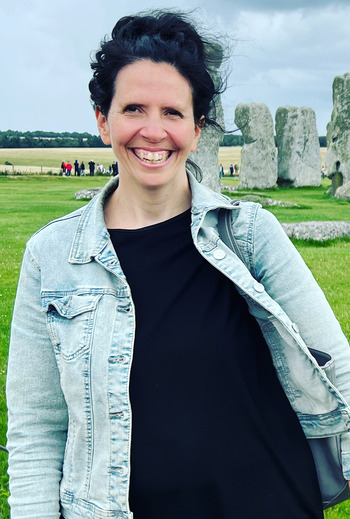
Jamie Carmichael
“My methodology combined text mining, word embeddings, scenario modeling, and generative AI to predict threats to academic integrity,” she says. “This program’s diverse and applied perspective made it the perfect fit for my academic interests and career goals.”
Carmicheal was inspired by the words of wisdom “do the hard or impossible thing,” as she found the balance between her research, her full-time role as Carleton’s Associate Registrar (Scheduling & Systems) and parenting her two children.
“I developed strategies that worked for me,” she says, explaining that she would write in the early morning before her children woke for the day.
“Keeping my research at the forefront of my mind daily allowed me to maintain momentum. Good research takes time, and leaving space for reflection can also bring clarity.”
While pursuing her master degree, Carmichael presented her research at international academic conferences and co-edited a book titled Fake Degrees and Fraudulent Credentials in Higher Education.
She looks forward to spending the summer months with her family before continuing her academic journey with a PhD in Education.
Carmichael encourages future students to take chances in the face of challenges.
“Continue pushing yourself to do great things and to try, even if it doesn’t always work out,” she says. “You will surprise yourself with what you can accomplish.”
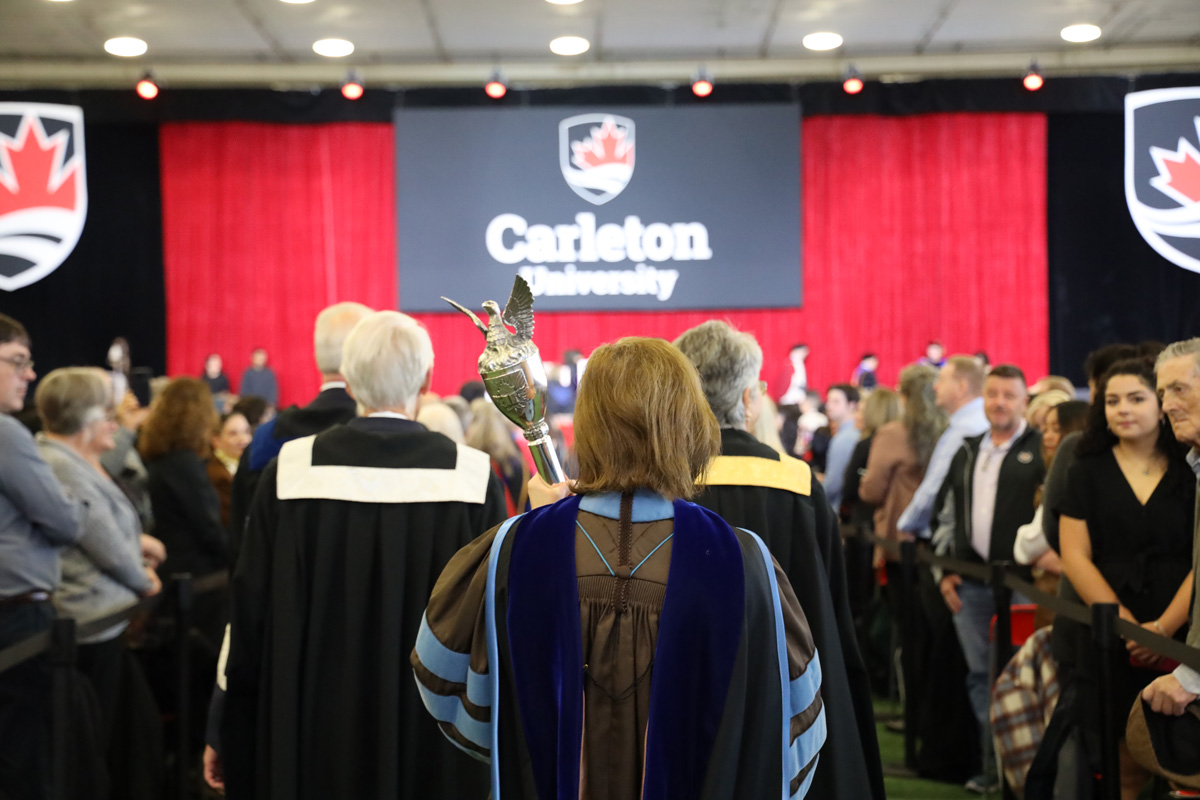
Chancellor’s Medal
Tayden Bourguignon, Bachelor of Arts (Honours), Linguistics Concentration in Psycholinguistics and Communication Disorders
Tayden Bourguignon began her undergraduate degree in Health Sciences, but switched to Linguistics after taking an elective and finding her passion for the subject.
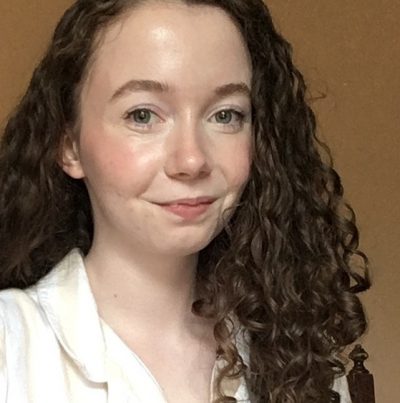
Tayden Bourguignon
She specialized in the Psycholinguistics and Communication Disorders concentration.
“I appreciated how the communication disorders and differences classes not only gave me a thorough overview on the latest research, but also included the opinions and perspectives of members of the communities we were learning about,” says Bourguignon.
A highlight of Bourguignon’s time at Carleton was her research on parents’ storytelling styles who are from diverse linguistic backgrounds.
“I learned so much through completing my honours thesis, but most importantly, I learned that I love the research process,” she says. “This passion for knowledge generation is what motivated me to pursue a master’s in linguistics at Carleton next year.”
Bourguignon’s advice to future students is to get engaged with their program.
“Though the prospect of getting involved is incredibly intimidating at first, I think my active engagement in classes with my professors and peers contributed enormously to my success and made my experience at Carleton unforgettable.”
Maryna Nekrasova, Bachelor of Humanities (Combined Honours in Philosophy)
Maryna Nekrasova knew she wanted to pursue philosophy and was drawn to the College of the Humanities’ Great Books program. She realized that many of the texts that would be explored were ones she had long planned on studying outside of school.
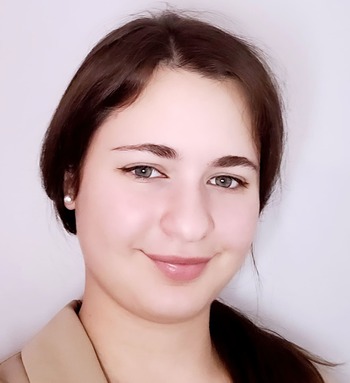
Maryna Nekrasova
“It allowed me to have a very broad education in just about everything I was interested in,” she says.
Nekrasova made the most of her time on campus, taking part in the Students as Partners Program, winning a Carleton University Research Opportunity grant, and completing an I-CUREUS research internship.
Her research opportunities allowed her to explore how cultural and philosophical factors influence people’s perspectives about artificial intelligence.
In 2022, she founded Ipso Facto: The Carleton Journal of Interdisciplinary Humanities, a student-run academic journal. In 2023, she organized the Humanities Annual Colloquium, won the Peter J. Ricketts Outstanding Provost Scholar Award, and represented the Humanities program on the Carleton Academic Student Government.
Nekrasova believes the College of the Humanities was the perfect place to pursue her academic ambitions.
“It was the right program for me, and it really led to such great outcomes,” she says. “I’m not sure I would have had the same kind of experience if I went somewhere else.”
Nekrasova will be undertaking a PhD program in Philosophy at McGill University this fall.
She encourages future students to not shy away from potential opportunities.
“If you have doubts about how competitive your application is, apply anyway because you may be surprised,” she says. “You might get it and it would lead to other really great things.”
Ashley Brunelle, Bachelor of Health Sciences (Honours)
When choosing her degree, Ashley Brunelle was inspired by her grandfather to pursue a Bachelor of Health Sciences.
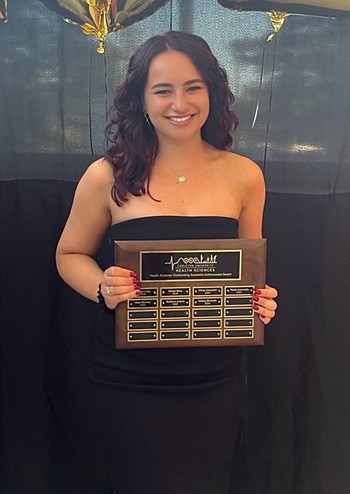
Ashley Brunelle
“He was in and out of the hospital a lot with chronic conditions,” says Brunelle. “We would talk about his experiences and it got me interested in health care. I was looking for a degree that combined both health care and science and found it at Carleton.”
Drawing from her family’s experience she decided to focus her studies with a concentration in Chronic Illness and Disability.
A highlight of her time at Carleton was her placement with Girls SySTEM Mentorship (GSM) program, where she conducted research aimed at helping girls in high school feel represented in STEM fields. Her efforts contributed to practice recommendations for the GSM program, incorporating an intersectional perspective to better support students from diverse identities and backgrounds.
Beyond the classroom, she also founded the Carleton chapter of the international nonprofit MEDLIFE, serving at its first president.
With her undergrad concluding, Brunelle intends to take a break from academia as she pursues industry opportunities, but sees a return to research in her future.
She encourages students to look beyond their grades when measuring success in university.
“It’s important to be a well-rounded person,” she says. “You don’t just want to be excelling academically, you want to be taking care of yourself physically, mentally and emotionally.”
Alex Chan, Bachelor of Computer Science (Honours)
When Alex Chan enrolled in Carleton’s Bachelor of Computer Science program, he was drawn to its Industrial Applications internship option.
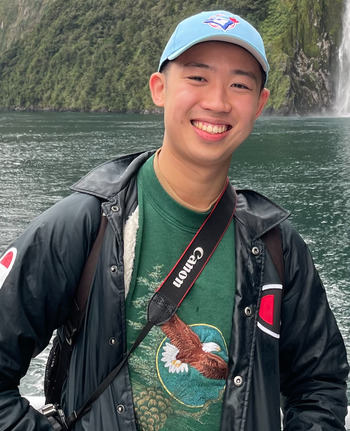 “I still can’t believe that in four years, I was able to complete my degree, gain years of relevant work experience across different disciplines in a big tech company and make money,” he says. “When I heard this was all possible at Carleton, I jumped at the opportunity.”
“I still can’t believe that in four years, I was able to complete my degree, gain years of relevant work experience across different disciplines in a big tech company and make money,” he says. “When I heard this was all possible at Carleton, I jumped at the opportunity.”
With work-integrated learning as part of his degree, Chan worked at Shopify throughout his time at Carleton.
“I’ve been able to gain invaluable work experience, mentorship, and connections with colleagues and fellow interns,” says Chan. “While it was sometimes tough to balance work and school, coming out the other side having gained so much – I couldn’t recommend this program enough.”
Looking ahead, he will continue to build on the skills he cultivated during his degree as he works as a software engineer at Shopify.
For students just beginning their undergraduate journeys, Chan encourages them to lean on their peers.
“Discussing concepts, asking questions and working through problem sets together with classmates saved me countless times with understanding class material.”
Odin Fisher-Skau, who is graduating with Bachelor of Cognitive Science (Honours), has also been recognized with a Chancellor’s Medal.
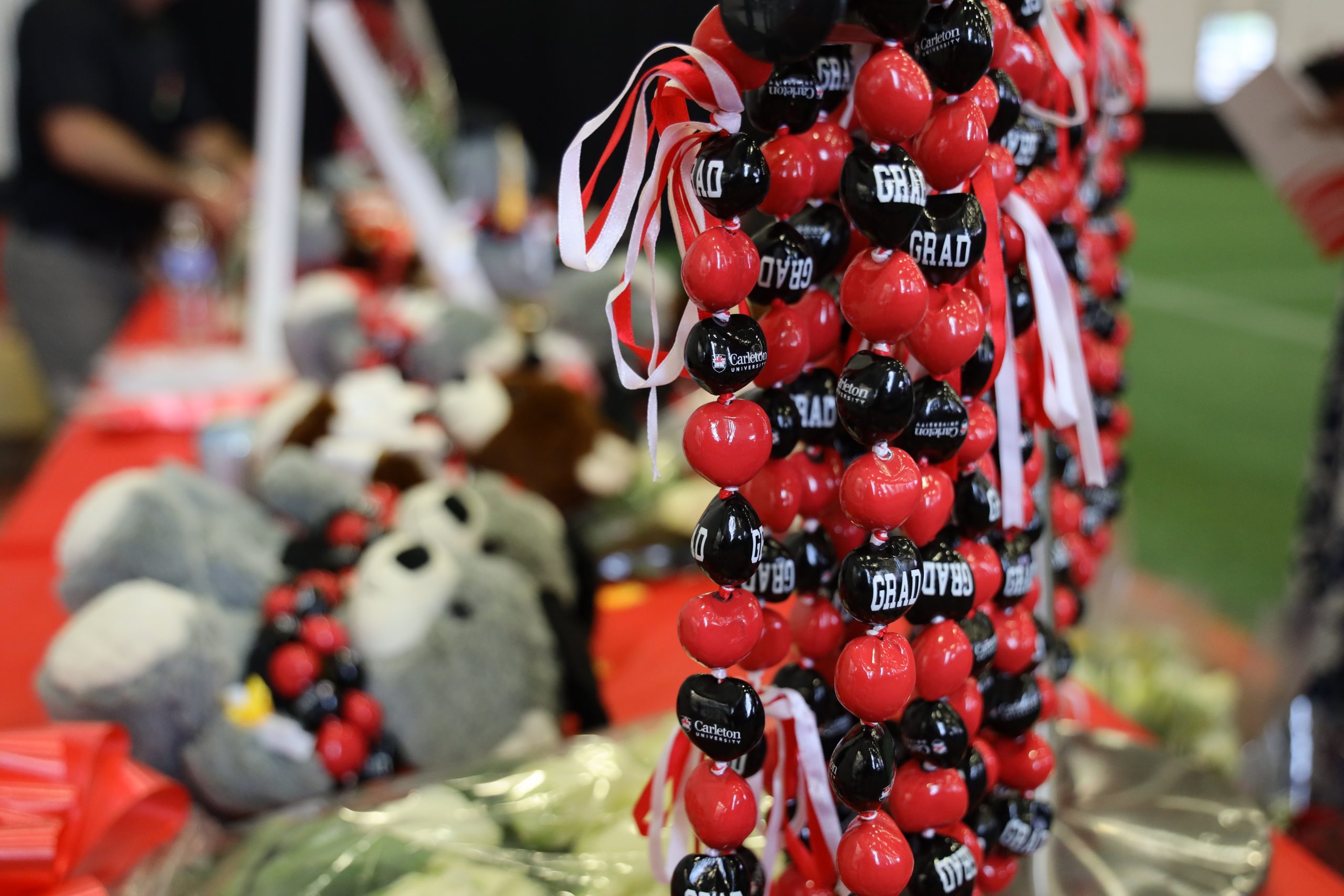
President’s Medal
James Healey, Bachelor of Science, Neuroscience and Mental Health
James Healey arrived on campus as a mature student. While he initially intended to pursue physiotherapy, he ultimately chose to study Neuroscience and Mental Health at Carleton.
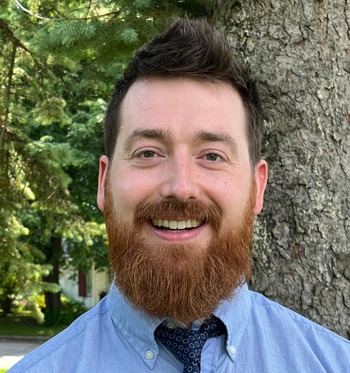
James Healy
“I was very lucky to, somewhat by chance, end up going to Carleton because I think it has one of the best neuroscience programs around,” says Healey.
The program allowed him to explore the complex science of how the mind impacts both mental and physical health.
“It was fascinating to understand the role that stress can play in life and how stress ties into mental health disorders, not to mention a lot of physical health problems,” he says. “It changed my perspective on health and how to approach mental health.”
In addition to his studies, Healey runs a personal training business. Despite his busy schedule, he found time to serve as the Vice President (Academic) of the Carleton Science Student Society, where he updated the society’s scholarship evaluation processes.
Healey will continue to build on his expertise in health as he begins medical school at McMaster University this August.
His advice to students? Make sure to get eight hours of sleep a night.
“Aim for eight hours of sleep and structure your life around that,” he says. “If you make that a priority and organize your day around it, a lot of other things will fall into place. It helps your mental and physical health and your ability to manage problems.”
Tuesday, June 18, 2024 in Awards, Convocation 2024, Faculty of Arts and Social Sciences, Faculty of Engineering and Design, Faculty of Graduate and Postdoctoral Affairs, Faculty of Science, Grad Stories, Sprott School of Business
Share: Twitter, Facebook

